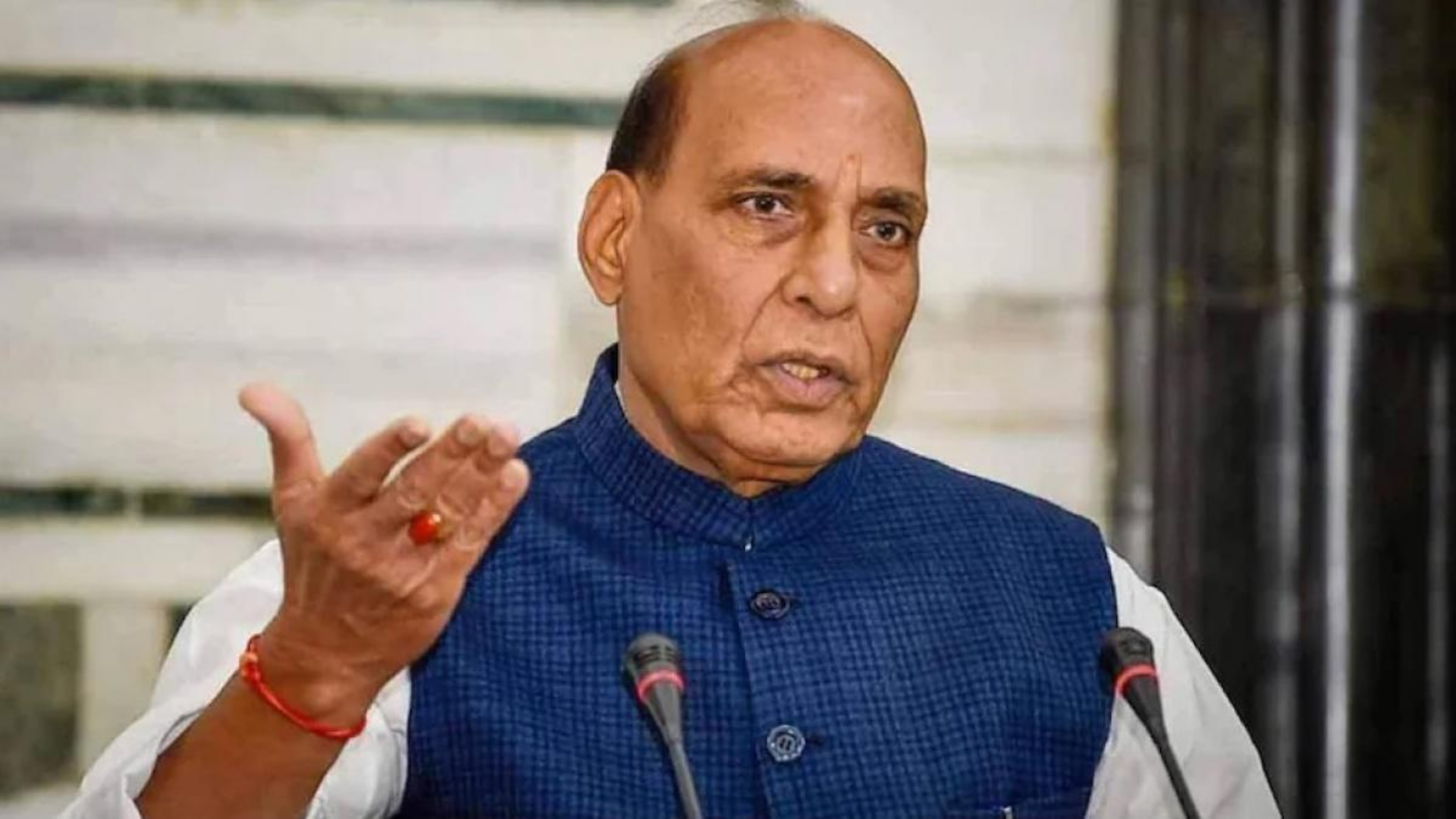Defence Minister Rajnath Singh, on Sunday, reiterated India’s stance on Pakistan-occupied Kashmir (PoK). He asserted that Kashmir will always remain India’s territory. He took the opportunity to express his confidence that India would not need to resort to force to reclaim PoK since its inhabitants have increasingly expressed their desire to join India. He mentioned that this desire among the people POK emerged particularly after witnessing the development in Jammu and Kashmir.
In an interview with PTI, Singh emphasized that there have been growing demands for the merger of POK with the Indian territory because of the restoration of peace and development in Jammu and Kashmir. He reaffirmed that India was completely committed to reclaim PoK peacefully through the will of its people.
Singh also hinted at imminent elections in Jammu and Kashmir, though refrained from providing a specific timeline. Additionally, he went on to express his optimism that the Armed Forces Special Powers Act (AFSPA) would soon become unnecessary in Jammu and Kashmir.
Furthermore, Singh urged Pakistan to stop promoting cross-border terrorism, emphasizing the need for dialogue to address bilateral issues.
In response to Singh’s statements on POK and Pakistan, National Conference leader Farooq Abdullah issued a stark warning, cautioning the nation against underestimating Pakistan’s capabilities.
“If the defence minister is saying it then go ahead. Who are we to stop. But remember, they (Pakistan) are also not wearing bangles. It has atom bombs, and unfortunately, that atom bomb will fall on us,” the National Conference leader said.
He challenged Singh to proceed with reclaiming PoK but reminded that Pakistan possesses nuclear weapons which pose a significant threat to India.
Abdullah speculated that the announcement of Jammu and Kashmir assembly polls could follow the conclusion of the Amarnath Yatra, indicating a potential timeline for the elections.
Addressing the recent security incident in Kashmir, Abdullah took a dig at the ruling party. He attributed the continuous terrorism to the unresolved tension between India and Pakistan and held the Bharatiya Janata Party (BJP), accountable for the distrubance in the state. He stressed the importance of dialogue between the two nations to address underlying issues and foster regional stability.

